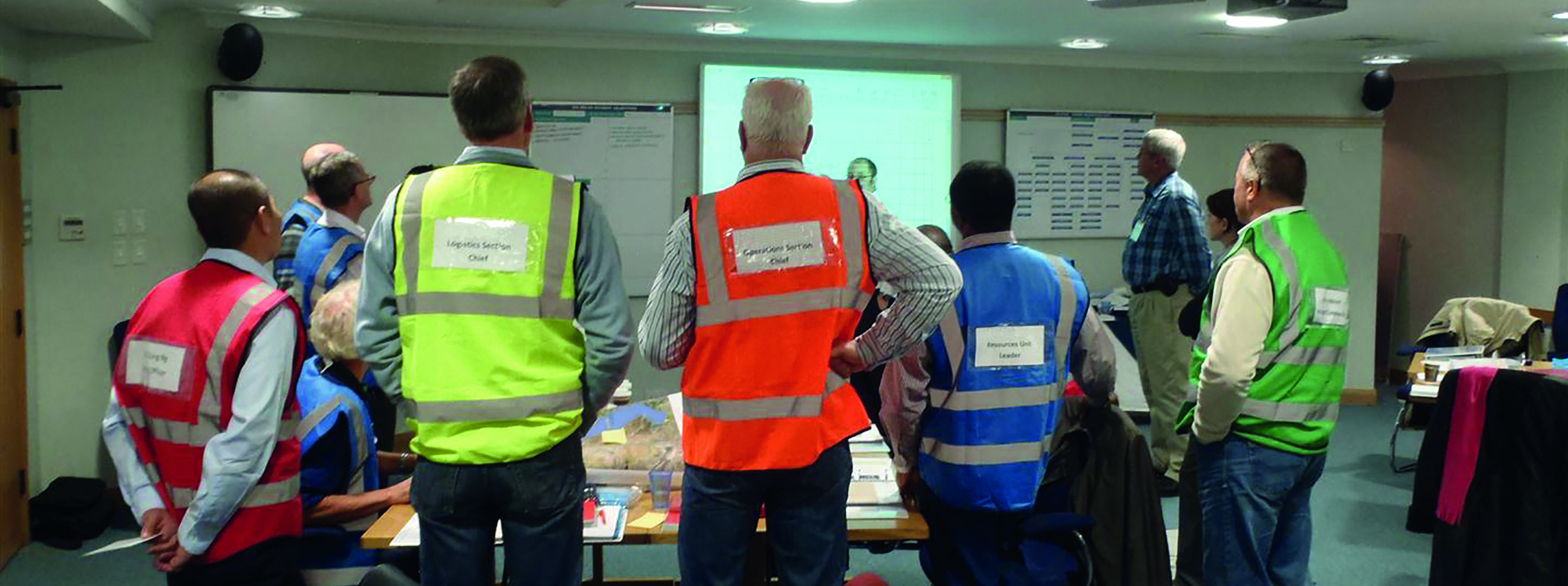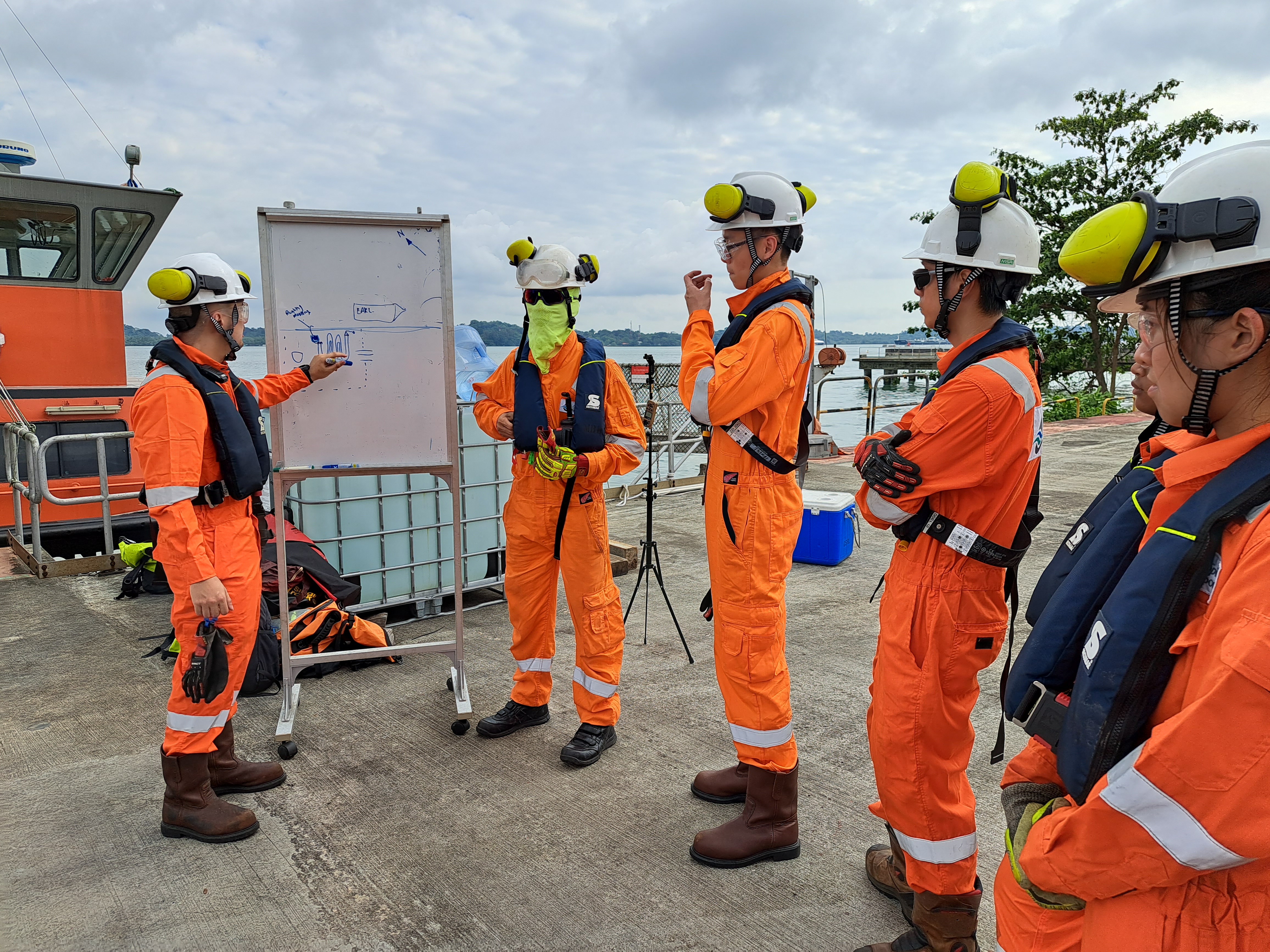IMS is a tried and tested management process that is used around the world to manage emergency situations and incidents. This course will develop your teams' capability and provide tangible skills to deal with a large-scale incident effectively and efficiently.
Most incidents are small in nature and may not need a full IMS implemented to manage the incident itself, but in the event of an escalating or large incident, being familiar with a functioning IMS will provide an established process to handle all aspects of an incident.
Experience has shown that using a structured Incident Management System (IMS) is a critical success factor in establishing command and control in response to a major oil spill. IMS includes a modular organisation with pre-identified roles, responsibilities, reporting relationships and authorities necessary to manage an incident. IMS also includes a planning process to ensure a direct link between the incident management objectives and in-field response actions.
Completion of both IMS 100 & IMS 200 is required as a prerequisite for this course and for continued IMS Training Courses. For extra resources during the course, please refer to our Incident Management Handbook.
This course is ideal for those required to be a part of the incident management team (IMT) during an incident, highlighting the fundamental aspects of incident management and the roles and responsibilities covered within.
This course is suitable for all personnel who would serve in an incident command post/centre in the following roles:
- Command Staff
- General Staff
- Section Chiefs
- Task Force Leaders,
- Strike Team Leaders
- Division/Group Supervisors
- Branch Directors
- Multi-agency coordination system/emergency operations centre staff

Effective incident management requires the ability to establish command and control, to move the management of the response from an initial reactive mode to one where the scope of the incident is understood, appropriate response actions are being taken, and a clear set of objectives is driving the outcome of the incident to protect people and the environment.
This course will give you the knowledge and understanding in the following areas:
- Introduction to the IMS planning process
- Integrated communications
- Resource management
- Incident Action Plan (IAP) preparation and approval
- Demobilisation
- Transfer of command
- Termination of command
Culminating in an immersive table-top exercise, during this course, you will cover the following topics:
- IMS fundamentals review
- Introduction to the Planning Cycle, initial briefing and response
- Setting command objectives & objectives meeting
- Command & general staff meetings
- Operational management
- Preparation for the tactics meeting & resource management
- Tactics Meeting
- Preparation for and conducting of the planning meeting
- Incident Action Plan (IAP) preparation & approval
- Operations briefing
- Transfer of Command
- Demobilisation & termination
- IMS table-top planning process exercise involving the Planning P and preparing the IAP






